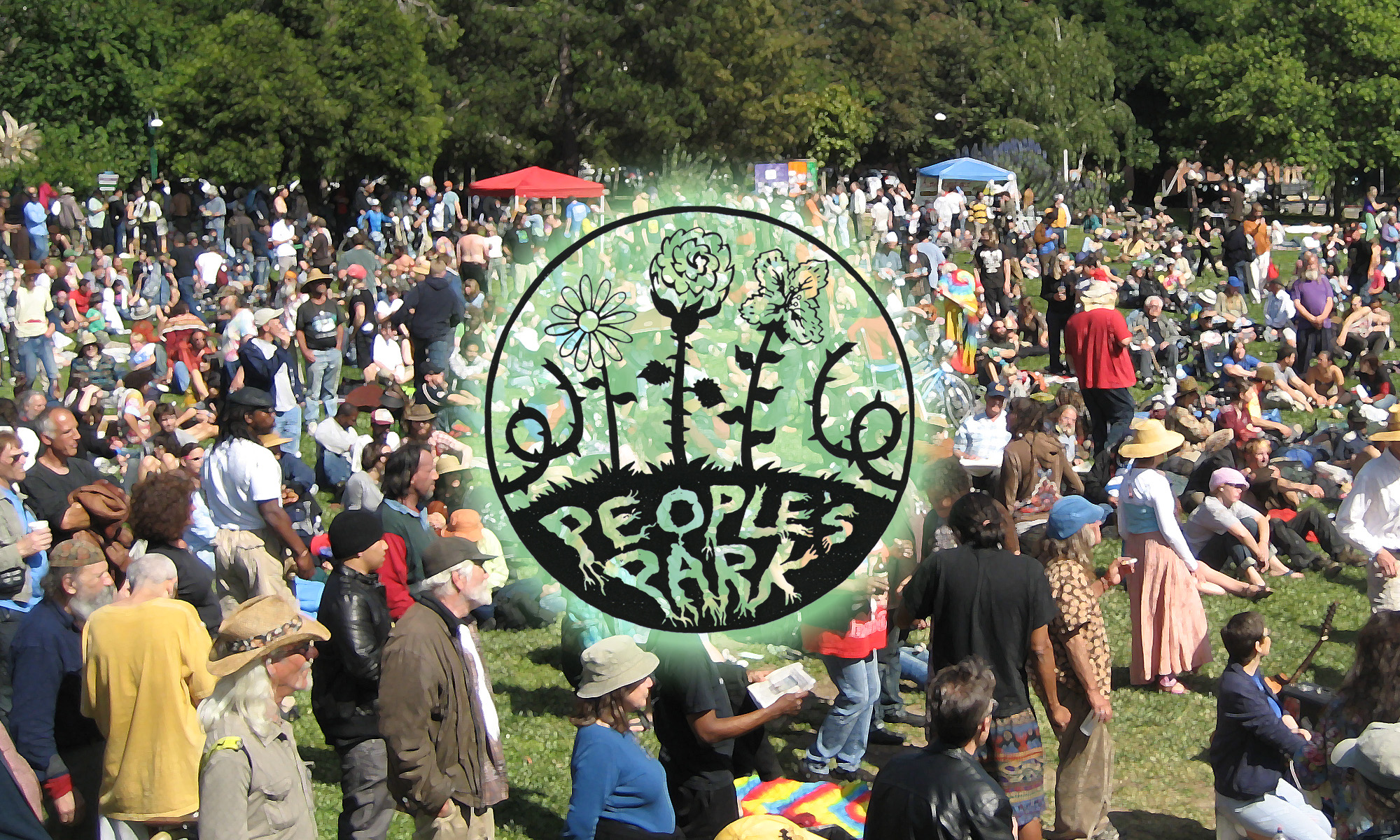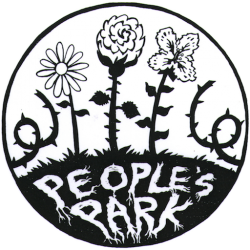For Immediate Release
For Additional Information:
Harvey Smith, peoplesparkhxdist@gmail.com, 510.684.0414
(January 31, 2022) – A coalition of community groups filed a lawsuit to fight the secret, illegal agreement that the City of Berkeley signed with UC Berkeley — giving UC Berkeley a blank check for unfettered growth. The agreement, signed in July 2021, prevents the City of Berkeley from filing any further legal action against UC Long Range Development Plan (LRDP) and withdrew the city’s objection to the destruction of several historic buildings and to the eviction of tenants from their rent controlled homes.
Three community organizations — Make UC a Good Neighbor, People’s Park Historic District Advocacy Group (PPHDAG) and People’s Park Council (PPC) — amended their Petition on January 20, 2022 that challenges the City of Berkeley’s agreement with UC Berkeley regarding their LRDP. The Petition alleges the vote on the agreement violates the requirements of the Brown Act, which mandates local government to conduct business at open and public meetings.
“The residents of Berkeley will be saddled with this onerous agreement long after the Mayor, Chancellor, City Council members and Regents are gone from their positions. The basic principles of open government have been shamelessly tossed aside for purposes of political expediency,” according to Harvey Smith, member of the People’s Park Historic District Advocacy Group.
The agreement prevents the city from taking legal action against the LRDP for the next 16 years. Although the city’s own analysis estimated UC Berkeley costs the city $21 million per year, the agreement will pay the city only $4.1 million per year, 20 cents on the dollar. Therefore, over the 16 years Berkeley taxpayers will be responsible for covering a deficit of over $250 million. Three other cities hosting UC campuses have negotiated much more favorable agreements, including the mandatory production of student housing.
The lawsuit cites the action of the Berkeley City Council to conclude “a secret agreement in closed session, never acknowledged, approved or disclosed in public session.” The Petition to the court also cites Measure L, an ordinance passed by Berkeley voters in 1986, which mandates “That wherever public parks and open space currently exist in Berkeley, such use shall continue and be funded at least to allow the maintenance of the present condition and services.” The agreement violates voter-approved Measure L by collaborating in the destruction of People’s Park, a user-developed and community-controlled open space in the South Campus area of Berkeley.
Additionally cited is Measure N, approved by voters in 1988; the secret agreement is described as running “afoul of the intent and aspirational policies set forth in Berkeley Measure N,” which requires the city to “use all available lawful means to ensure that public agencies abide by the rules and laws of the city and that these agencies pay taxes and fees, comparable to those paid by private citizens and business to support their fair share of city services.”
Although the Berkeley City Council had also resolved on multiple occasions to support tenant rights, and specifically the interests of tenants evicted from 1921 Walnut Street, Berkeley, the agreement bound the City “to not challenge the upcoming 2021 LRDP and UC’s Anchor House [1921 Walnut Street] and People’s Park housing projects.”
The lawsuit further stipulates that the City through its agreement with UC will “induce, aid and assist” in destruction of People’s Park as a student and community park and open space and has collaborated in breach of contract by UC Berkeley. “UC has breached its mutual commitments, promises, and written contracts with responsible People’s Park organizations,” which are included in Exhibits A through L of the Petition.
###

